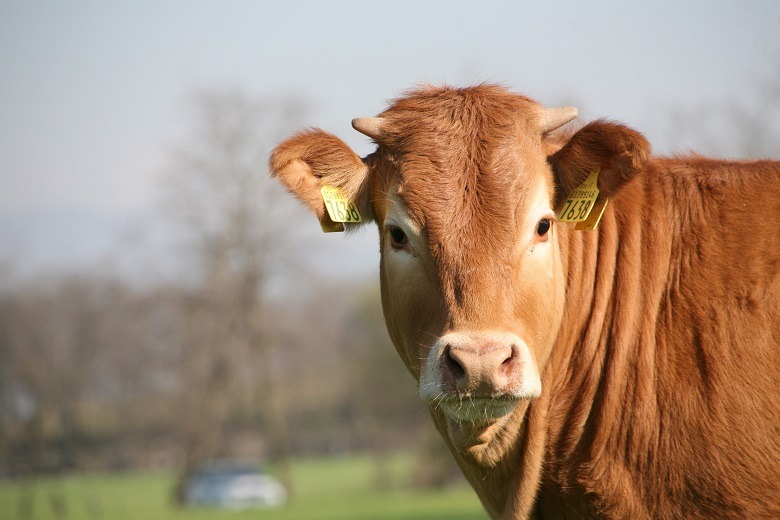
Quality-food laurels: Italy is the European leader
Accordind to Istat, the Italian National Institute of Statistics, Italy leads EU for quality-food laurels and has stretched its lead over France for food protection labels. As reported by the news agency Ansa, as of December 2014 Italy had 269 food products that have won one of the three prestigious traditional-food laurels: Protected Denomination of Origin (PDO), Protected Geographical Indication (PGI) and Traditional Specialities Guaranteed (TSG).
Of these, 103 were fruit, vegetable or cereals; 49 cheeses; 43 extra-virgin olive oil; and 38 meat specialities. Of the Italian regions, Emilia-Romagna and Veneto shared top spot with 77 products each. “This result confirms a winning recipe,” said Farm Minister Maurizio Martina.
Tuscan Bread was the latest Italian delicacy to earn a PDO, earlier this month. Before that, Piedmont salami got a PGI designation last July. In November 2014 the culinary pride of Romagna, the time-honoured piadina flat-bread sandwich, kept up Italy’s lead in Europe’s quality-food stakes.
The piadina, which dates back to Roman times, was recognized by European officials for its unique origins and importance as a traditional fast food, receiving formal protection as a significant Italian product.
The European Protected Geographic Indication means the soft, rich flatbread that is the perfect base for cheese, ham or other sandwiches will now be protected from weak imitations and fakes. The PGI designation has become increasingly well known internationally as representing quality food products with a confirmed Italian pedigree.
The more stringent Protected Denomination of Origin is also known around the world as a certification of the authentic origins and production methods, specific to a region. This protect some of Italy’s most iconic products such as olive oil and the balsamic vinegar of the Emilia Romagna region.
Under EU law, products must abide by strict production regulations and geographical restrictions to be graded as genuine and worthy of an PGI or PDO seal. The PGI certification traces food specialties back to their geographical origin during at least one phase in production, but not to all phases like the PDO seal.
Italian authorities are continually battling the sale of the counterfeits of the nation’s traditional food products. Italy has long been a leader in food designations France comes in a distant second at 200 such products, followed by Spain with 170.
Italy has kept up its lead over the years with a fund of scrumptious entries.
In December 2009 a ‘prosciutto crudo’ from Cuneo claimed a PDO. It was the third product to get a PDO in less than a week, following a chestnut from the Tuscan village of Caprese Michelangelo and the Piennolo tomato from the slopes of Mt Vesuvius.
Italian culinary glories like Parmigiano, buffalo mozzarella, mortadella, lardo di Colonnata, Ascoli olives, pesto sauce and Pachino plum tomatoes have been protected for some time.
PDO identifies a product whose characteristics are exclusively dependant on a geographical origin and whose productive phases all take place in the specified area.
PGI defines a product whose characteristics can be connected with its geographical origin and that has at least one productive phase located in the specified area.
TSG distinguishes a product whose raw materials, composition or recipe, production method or transformation, are of a traditional type.
Source: Ansa





